 Mario Ernesto Villanueva Madrid, ex-governor of the Mexican state of Quintana Roo, was extradited to the US on May 10 to face charges of accepting some $20 millions in bribes from the notorious Juárez Cartel in exchange for allowing in the transport of over 200 tons of cocaine through his state towards North American markets. US prosecutors say the money was laundered through accounts at Lehman Brothers in New York. Appearing in federal court in New York the day of his extradition, Villanueva pleaded not guilty to all charges.
Mario Ernesto Villanueva Madrid, ex-governor of the Mexican state of Quintana Roo, was extradited to the US on May 10 to face charges of accepting some $20 millions in bribes from the notorious Juárez Cartel in exchange for allowing in the transport of over 200 tons of cocaine through his state towards North American markets. US prosecutors say the money was laundered through accounts at Lehman Brothers in New York. Appearing in federal court in New York the day of his extradition, Villanueva pleaded not guilty to all charges.

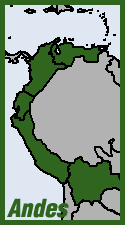 Peru's Sendero Luminoso guerillas, thought to be confined to a small pocket of high jungle known as the Apurimac-Ene River Valley (VRAE), on April 27 launched an attack on a government coca-eradication team in the Upper Huallaga Valley, a region to the north of the VRAE that had been the rebels' principal stronghold in the 1990s. One National Police officer and two eradication workers with Special Control and Reduction Project (CORAH) were killed in the ambush at Alto Corvina, Huánuco region.
Peru's Sendero Luminoso guerillas, thought to be confined to a small pocket of high jungle known as the Apurimac-Ene River Valley (VRAE), on April 27 launched an attack on a government coca-eradication team in the Upper Huallaga Valley, a region to the north of the VRAE that had been the rebels' principal stronghold in the 1990s. One National Police officer and two eradication workers with Special Control and Reduction Project (CORAH) were killed in the ambush at Alto Corvina, Huánuco region.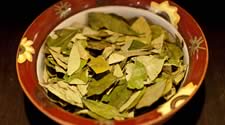 The Bolivian state-supported company, Social Organization for the Industrailization of Coca (Ospicoca), began marketing this week a new carbonated energy drink called "Coca Colla"--which, unlike Coca-Cola, really does contain extract of coca leaf. "Colla" is a reference to the traditional name for the Aymara indigenous people of Bolivia, who have used coca leaf ritually for centuries. The initiative has the support of Evo Morales, the country's first Aymara president.
The Bolivian state-supported company, Social Organization for the Industrailization of Coca (Ospicoca), began marketing this week a new carbonated energy drink called "Coca Colla"--which, unlike Coca-Cola, really does contain extract of coca leaf. "Colla" is a reference to the traditional name for the Aymara indigenous people of Bolivia, who have used coca leaf ritually for centuries. The initiative has the support of Evo Morales, the country's first Aymara president.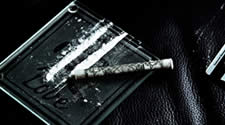 The US Senate Judiciary Committee on March 11 unanimously approved a bill to reduce sentencing disparities for powder and crack cocaine offenses. The Fair Sentencing Act, introduced by Sen.
The US Senate Judiciary Committee on March 11 unanimously approved a bill to reduce sentencing disparities for powder and crack cocaine offenses. The Fair Sentencing Act, introduced by Sen. 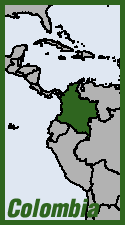 Colombian guerilla leader
Colombian guerilla leader 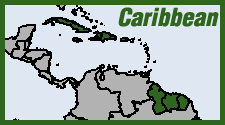 Vivian Blake, a former top leader of Jamaica's "Shower Posse," which US prosecutors say was responsible for more than 1,400 drug-related killings within the United States in the 1980s, died March 20 in Kingston. Blake, 54, was rushed to an emergency room with breathing problems before he died. His daughter, Dominique Blake, said he had been suffering from kidney failure and diabetes.
Vivian Blake, a former top leader of Jamaica's "Shower Posse," which US prosecutors say was responsible for more than 1,400 drug-related killings within the United States in the 1980s, died March 20 in Kingston. Blake, 54, was rushed to an emergency room with breathing problems before he died. His daughter, Dominique Blake, said he had been suffering from kidney failure and diabetes.





Recent comments
3 weeks 2 days ago
3 weeks 2 days ago
6 weeks 3 days ago
7 weeks 2 days ago
11 weeks 3 days ago
15 weeks 1 day ago
19 weeks 1 day ago
20 weeks 5 hours ago
30 weeks 4 hours ago
34 weeks 15 hours ago